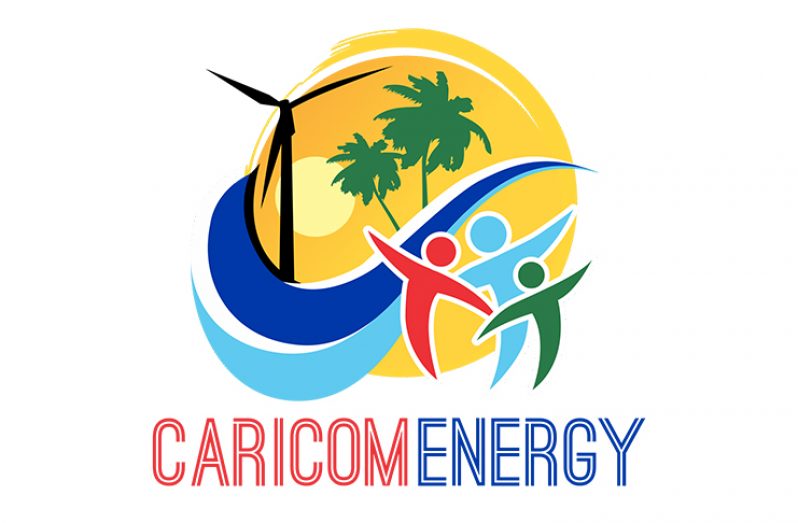– take centre stage at launch of CARICOM Energy Month
UNDER the theme “A Resilient Community: Energy at the Centre”, CARICOM Energy Month got underway on November 2 with a virtual regional launch in the form of a panel discussion.
Setting the tone, Dr. Gardner gave an account of the region’s renewable energy ambitions. He noted that in 2010, renewable energy usage in CARICOM stood at six per cent. This has grown to 12.3 per cent in 2020 with the intention of further growth in renewable energy utilisation to 40 per cent by 2030.
Dr Gardner further noted that, within the region, the conversation around cleaner energy, which commenced at the beginning of the last decade, had grown to include adaptation to difficult circumstances, energy security — specifically as it relates to price volatility and disruptive supply chains for imported fossil fuels — and multidimensional resilience.
The CARICOM Energy Programme Manager stressed the need for improving the policy and regulatory frameworks within countries, and increasing financing opportunities, from both public and private financiers, to achieve renewable energy targets set by the region.
Speaking to the Barbados experience, BLPC Customer Solutions Director, Griffith Tang-How, reflected that the year 2020 underscores the need for Barbados to continue the path for energy independence and energy security.
Griffith Tang-How further highlighted that the National Energy Policy of Barbados targeted 100 per cent renewable energy by 2030. In achieving this, she added, the island currently has 117 Megawatts of Renewable Energy with 50 Megawatts being solar energy. The BLPC director said that out of the 50 Megawatts of solar energy, 10 Megawatts were utility-owned while the other 40 Megawatts were customer-owned distributed systems.
Furthering its renewable energy targets, Griffith Tang-How noted that her utility company had applied to launch the Integrated Utility Service (IUS) model pilot for Barbados. That model would see customers receiving upfront funding for energy efficiency and renewable energy equipment and devices, while at the same time being allowed to repay the cost of this equipment and devices through their electric utility bills.
As the head and founder of two successful renewable energy-focused companies, Angella Rainford plugged the need for upholding the rule of law, corporate governance and transparency to secure the right type of investors with honesty and integrity to benefit both parties.
While there were always risks associated with major projects, Rainford acknowledged that investors, in turn, were always pricing these risks which could sway an investor’s decision, considering both the cost of capital, as well as the return to the investor.
The dual-company CEO noted further that the cost of insurance was also a major risk on the capital markets as well as securing insurance from inception, because of extreme weather conditions such as hurricanes, which could ultimately affect project implementation.
The 2020 launch was held by the Caribbean Community (CARICOM) Secretariat’s Energy Unit in collaboration with the Caribbean Centre for Renewable Energy and Energy Efficiency (CCREEE), the Caribbean Electric Utility Services Corporation (CARILEC), along with the European Union (EU) and the German Federal Ministry of Economic Development and Cooperation (BMZ) funded Technical Assistance Programme for Sustainable Energy in the Caribbean (TAPSEC). Tobagonian media personality, Ms. Davia Chambers, hosted the event. On the panel of regional energy, finance and policy experts were Dr. Devon Gardner, Programme Manager – CARICOM Energy; Ms. Kim Griffith Tang-How, Director of Customer Solutions at the Barbados Light and Power Company (BLPC); Ms. Angella Rainford, Chief Executive Officer and Founder of Soleco and Rekamniar Frontier Ventures; and Professor Chandrabhan Sharma, Professor in the Department of Electrical and Computer Engineering at the University of the West Indies, St Augustine campus.



.jpg)








